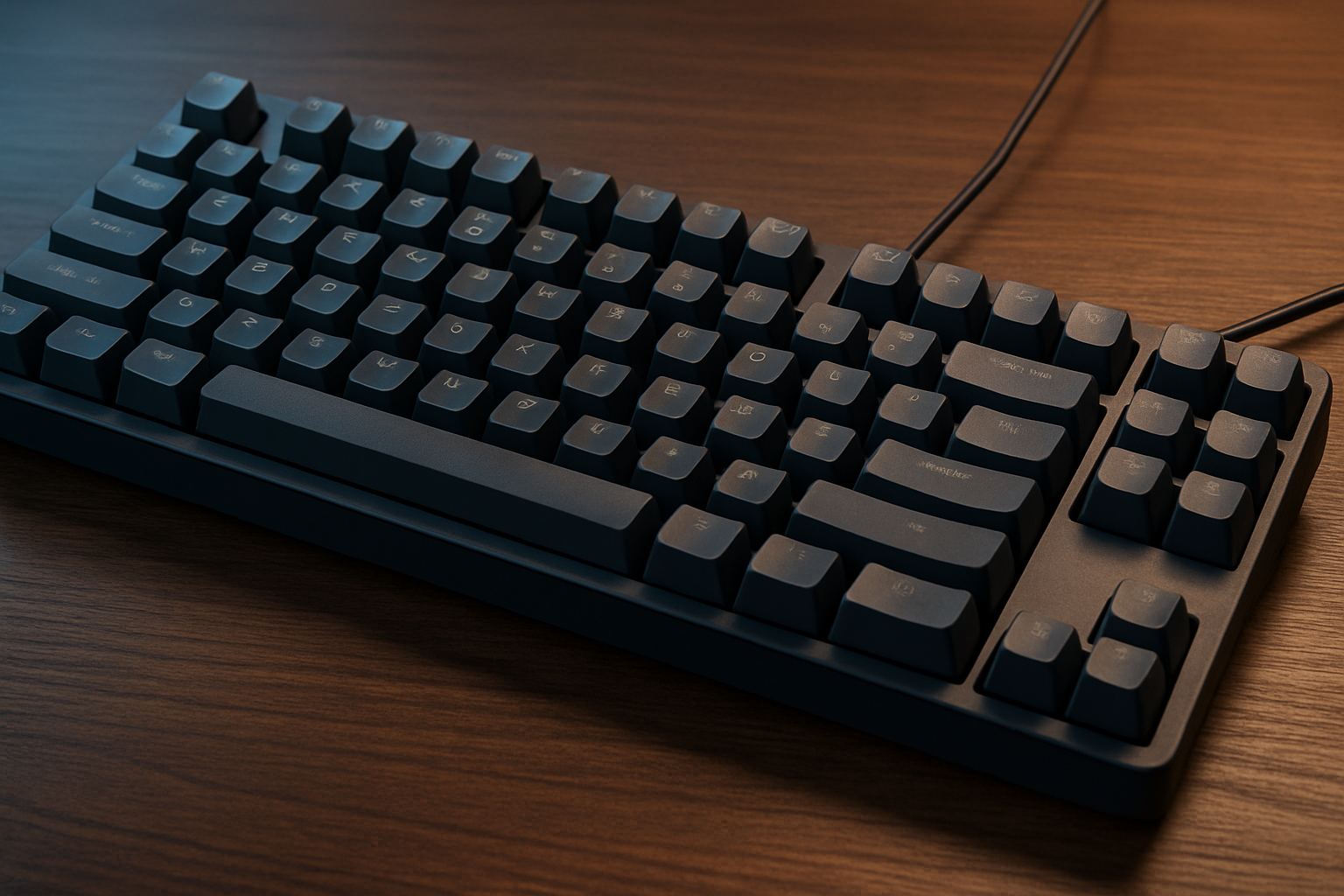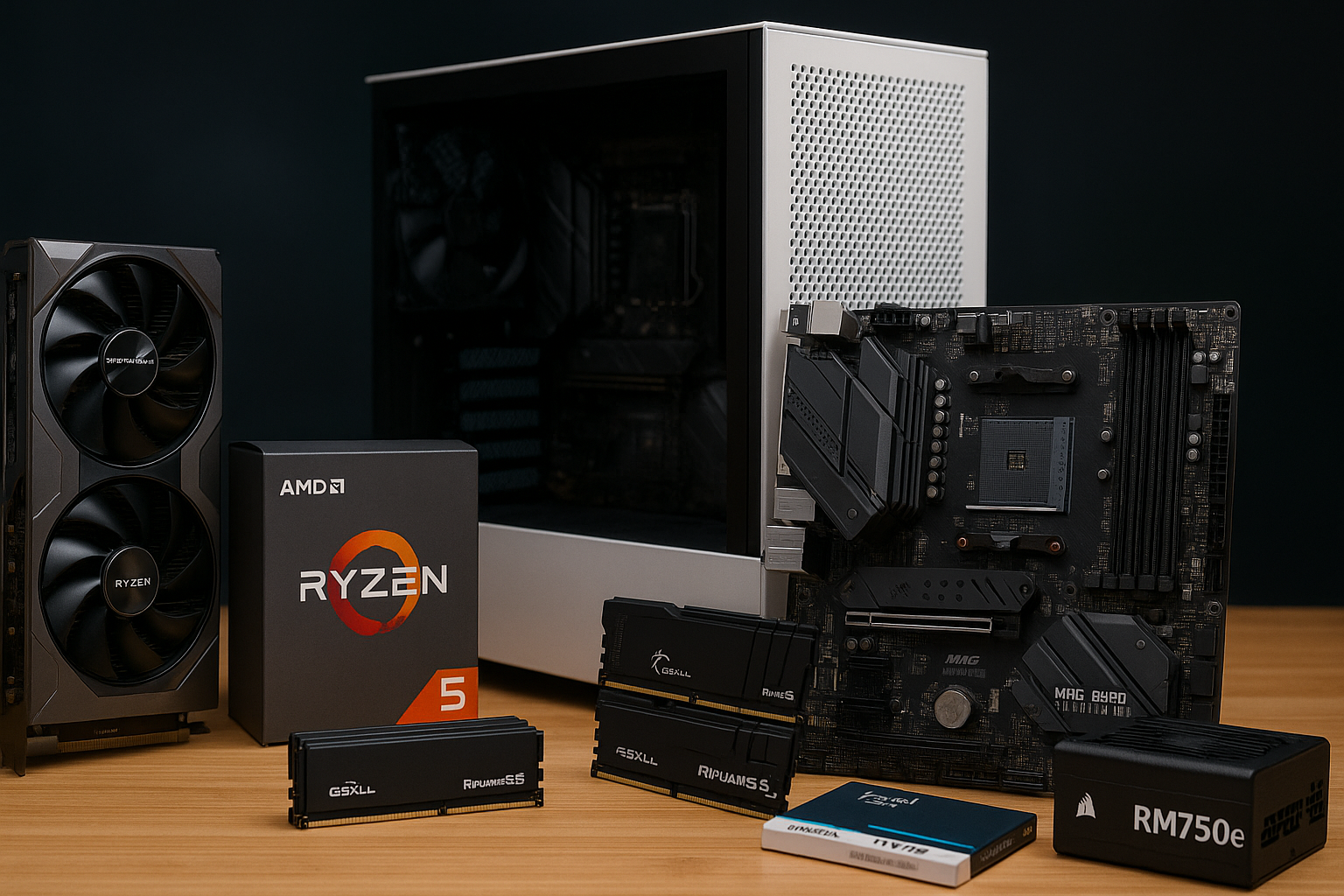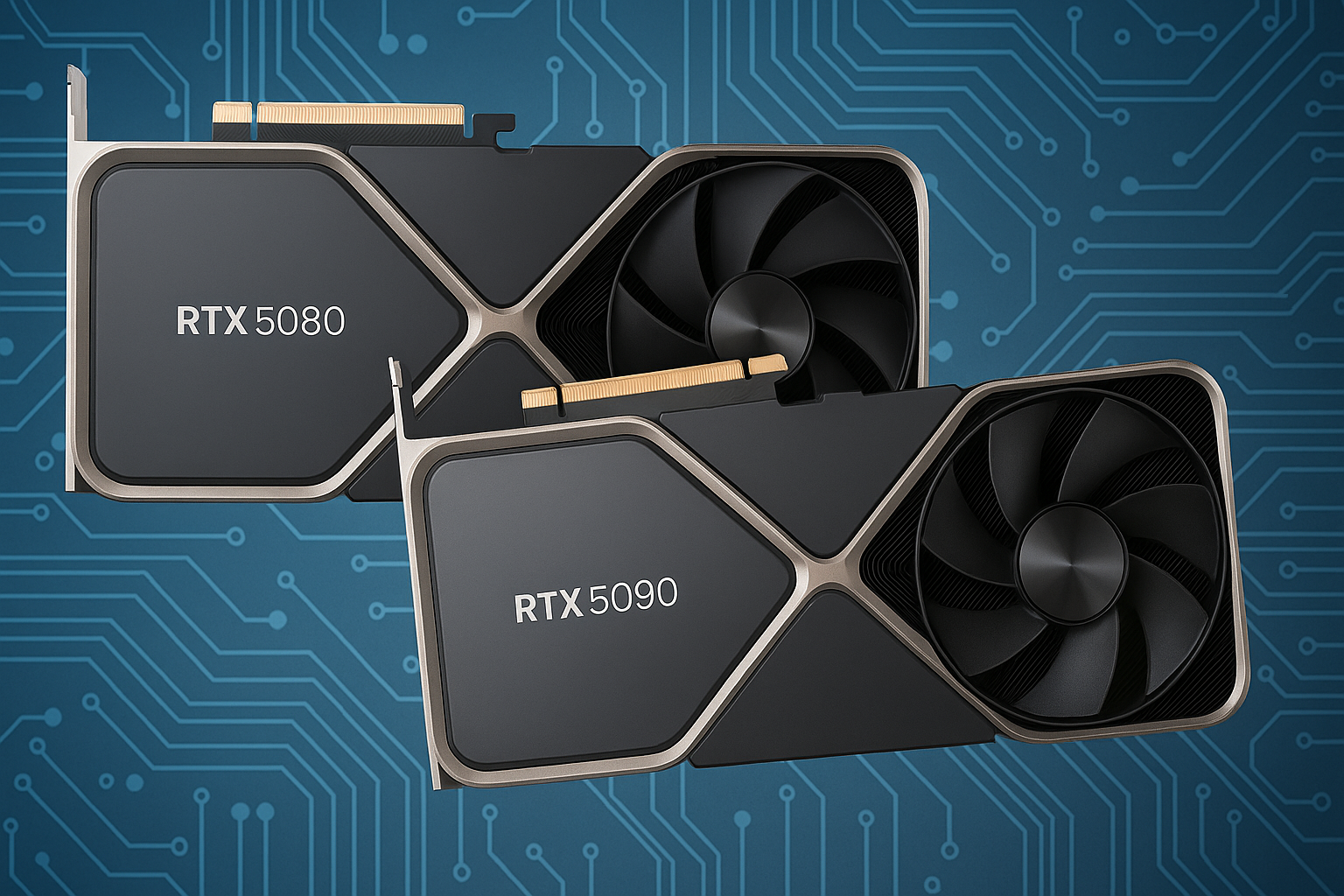
Intel vs. AMD in 2026: Which CPU Brand Should You Choose for Gaming and Productivity?
By: pcbuildhelper Editorial Team | Updated: Jan 8, 2026
Intel and AMD continue their fierce CPU rivalry into 2026—but the gap between them is more strategic than ever. AMD dominates gaming benchmarks with its X3D lineup, while Intel’s Core Ultra series focuses on AI-enhanced workflows and single-threaded responsiveness. Whether you’re building a rig for high-refresh gaming or multitasking workloads, this guide compares the best CPUs from both brands to help you make the right call.
TL;DR: Best CPUs from Each Brand
- Best Gaming CPU (Overall): AMD Ryzen 7 9800X3D – unmatched gaming frame rates with massive 3D V‑Cache
- Best High-End Gaming & Productivity: AMD Ryzen 9 9950X3D – ideal for multitaskers and streamers
- Best Intel Gaming CPU Alternative: Intel Core Ultra 9 285K – strong single-core performance and AI enhancements
- Best Budget Gaming CPU: Intel Core 5 120 (i5‑12400F rebrand) – top-tier 1080p/1440p gaming on a budget
- Best Mid-Range Value: AMD Ryzen 5 7600X or Ryzen 7 7800X3D (when on sale) – balance of price and performance
Gaming Performance Comparison
AMD Leads in FPS-Optimized Gaming
The Ryzen 7 9800X3D continues to set the standard for gaming CPUs in 2026. Thanks to its massive 3D V‑Cache and Zen 5 architecture, it delivers up to 30–35% higher frame rates in CPU-limited games versus Intel’s fastest chips. For those seeking top-tier performance in competitive titles or high-refresh 1440p and 4K gaming, it’s the best CPU available today.
If you want even more power, the Ryzen 9 9950X3D adds additional cores and excels in simultaneous streaming, encoding, and gaming—making it ideal for creators and multitaskers.
Intel Still Competitive in Select Titles
The Intel Core Ultra 9 285K holds its ground with high clock speeds and excellent single-threaded performance. It performs well in older DX11 titles and games favoring frequency over cache, but it lags behind AMD’s X3D chips in modern gaming scenarios.
Productivity & Workstation Performance
AMD Dominates Multi-Core Workloads
For Blender, DaVinci Resolve, Unreal Engine, and Adobe workloads, Ryzen 9 9950X3D offers both top gaming and productivity results in a single chip. It outpaces the Core Ultra 9 285K in multithreaded benchmarks and consumes less power while doing it.
Intel Excels in Hybrid Load Balancing
Thanks to its hybrid architecture (P-cores + E-cores), Intel’s Core Ultra lineup offers intelligent multitasking and strong performance in lightly-threaded apps, browser multitasking, and AI-assisted creative tasks. The Core Ultra 7 265K is particularly solid for users who split their time between light content work and mainstream gaming.
Power Efficiency & Platform Longevity
AMD: More Efficiency, Longer Upgrade Paths
AMD’s Zen 5 CPUs, built on a refined 4 nm process, are more power-efficient under gaming and full load. With the AM5 socket promised to support future CPU generations through at least 2027, Ryzen buyers benefit from longer-term upgrade options.
Intel: More I/O Features, Shorter Platform Life
Intel offers cutting-edge I/O (Thunderbolt 4, USB4, PCIe 5.0), but its socket longevity is shorter. The LGA 1851 platform for Arrow Lake might only span a couple of generations.
Best CPUs for Overclocking & Enthusiasts
- Intel Core Ultra 9 285K: Strong overclocking headroom, favored by enthusiasts pushing single-core limits
- AMD Ryzen 7 9800X3D: Locked multiplier, but still delivers extreme performance out of the box thanks to cache advantage
- AMD Ryzen 9 9950X (non-X3D): Open overclocking support with strong all-around performance for DIY tuners
Real-World Trends and Market Movement
- AMD Hits 40%+ on Steam Hardware Survey: AMD now powers over 40% of gaming PCs tracked on Steam, a major milestone driven by X3D adoption and improved platform longevity.
- Handheld Gaming Favors AMD: In ultra-mobile segments like the MSI Claw and handheld PCs, AMD’s Ryzen Z1 and Z2 series outperform Intel’s Lunar Lake chips in gaming benchmarks at lower power envelopes.
Final Thoughts
In 2026, the choice between AMD and Intel is clearer than ever:
- Choose AMD if gaming is your top priority. CPUs like the Ryzen 7 9800X3D and Ryzen 9 9950X3D deliver the best frame rates and futureproofing via AM5.
- Choose Intel if you prefer single-core speed, bleeding-edge I/O, or frequent platform refreshes. The Core Ultra 9 285K is excellent for balanced workflows.
- On a budget? The Intel Core 5 120 is unbeatable for entry-level 1080p/1440p builds, while the Ryzen 5 7600X remains a favorite for mid-tier systems.
Both brands offer excellent performance in 2026. Let your workflow, budget, and upgrade plans guide the decision—and you’ll be future-ready either way.
Editorial Team
Every guide on pcbuildhelper is created by our editorial team of experienced PC builders, gamers, and engineers. We combine hands-on testing, community insights, and trusted industry data to make sure our recommendations are practical, accurate, and up to date. While we use AI to assist with research and formatting, all final content is reviewed and validated by our human team to ensure clarity and trustworthiness.
Related Articles

Silent Mechanical Keyboards for Office and Gaming Use
Discover the best silent mechanical keyboards for office and gaming. Enjoy quiet, responsive keys perfect for work, typing, and late‑night gaming in 2026.
Jan 8, 2026

Best Valorant 2026 PC Builds – RTX 5060 / 5060 Ti FPS Benchmarks & High-Hz Setups
Build the ultimate Valorant rig for 2026: from budget to high-end. See RTX 5060 & 5060 Ti FPS benchmarks at 1080p/1440p and the best CPUs for 144 Hz–360 Hz competitive play.
Jan 8, 2026

The Best 1440p GPUs to Buy in 2026 for Smooth, High-FPS Gaming
Explore the best GPUs for 1440p gaming in 2026, from top-tier to budget-friendly picks. Discover ideal VRAM sizes, DLSS and FSR features, and futureproof performance for smooth, high-FPS gameplay.
Jan 8, 2026

Best 1440p Gaming PC Build 2026 – Smooth 100+ FPS Performance Without Breaking the Bank
Looking for the best 1440p gaming PC build in 2026? This mid-range guide shows you the ideal CPU, GPU, and components to hit over 100 FPS at ultra settings—delivering high-end visuals at a reasonable cost.
Jan 8, 2026

RTX 5090 and RTX 5080 Stand Unopposed—For Now
Nvidia’s RTX 5090 and 5080 dominate the high-end GPU market in 2026, with no AMD RX 9000-series flagship competitor in sight.
Jan 8, 2026